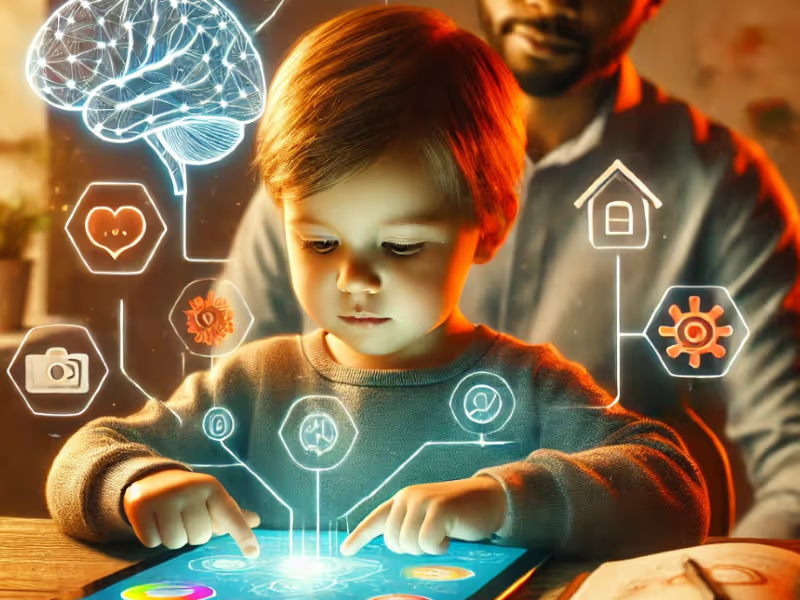A recent study has conducted the first-ever review of mobile apps and digital resources aimed at supporting children with neurodevelopmental concerns.
Here's what was found:
Key Findings
The lack of a strong evidence base makes it hard to recommend which apps and digital tools will truly benefit children and their families. The need for robust frameworks to guide development is urgent, as these digital solutions could play a pivotal role in bridging gaps in support for children with developmental needs. This is why at PlaySpace we are focused on our research mission to collaborate with highly credible partners, to contribute to the literature and make play therapy more evidence-based.
Find the article here (Published January 2025)
To unlock the full potential of digital health tools, we need a collaborative effort among software developers, researchers, clinicians, and families to create and validate these tools, ensuring they can be trusted to improve outcomes in children’s neurodevelopment.
This is an exciting, yet challenging space, and it’s clear that more work is needed to ensure the digital tools available are evidence-based and truly effective.

Lorem ipsum dolor sit amet, consectetur adipiscing elit, sed do eiusmod tempor incididunt ut labore et dolore magna aliqua. Ut enim ad minim veniam, quis nostrud exercitation ullamco laboris nisi ut aliquip ex ea commodo consequat. Duis aute irure dolor in reprehenderit in voluptate velit esse cillum dolore eu fugiat nulla pariatur.
Block quote
Ordered list
Unordered list
Bold text
Emphasis
Superscript
Subscript
.avif)